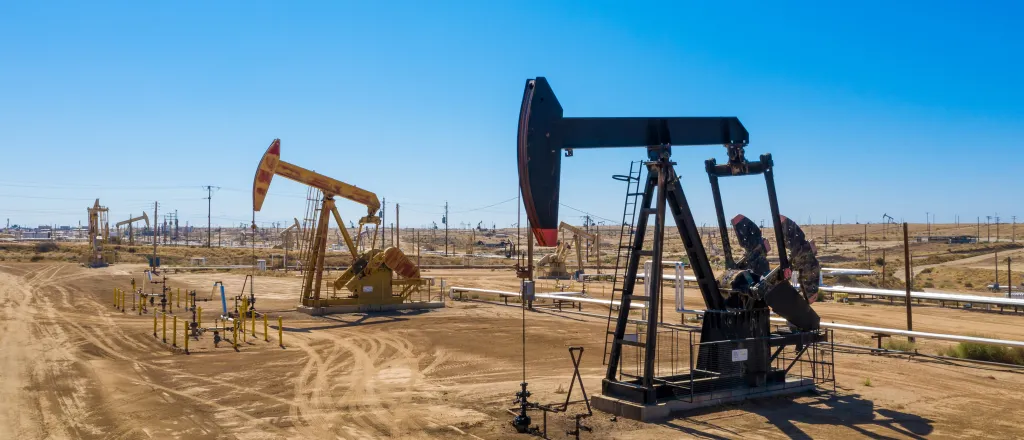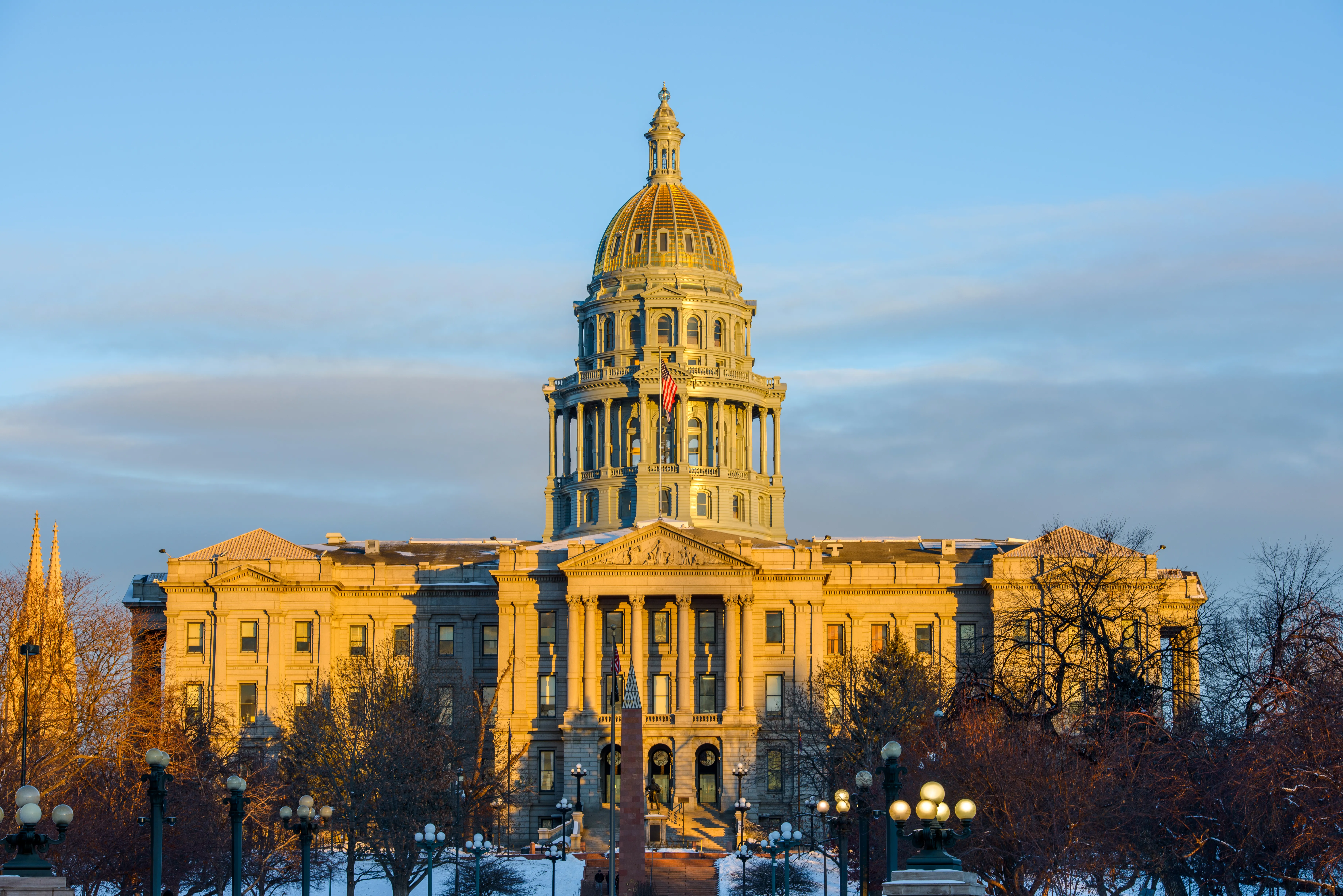
Survey ranks Colorado last for energy competitiveness among Canadian and American energy producers
By Derek Draplin | The Center Square
A survey comparing the competitiveness of Canadian and American energy markets ranked Colorado last out of 20 jurisdictions.
The right-leaning Fraser Institute’s study, released last month, details “barriers to investment in oil and gas exploration and production facilities in each of the two countries,” and ranks five Canadian provinces and 15 U.S. states. The survey used 81 respondents mostly from oil and gas industry executives and consultants.
Regulatory factors were key to Colorado being ranked 20th – and the "least-attractive" for oil and gas investment.
Fourteen U.S. states – led by Texas, Oklahoma, Kansas and Wyoming – and five Canadian provinces all ranked ahead of the Centennial State.
One response on Colorado’s regulatory climate read, “Policymakers are out of touch with the concerns of the oil and gas industry.”
The survey found 90 percent of respondents in California and Colorado were “deterred” by the cost of regulatory compliance, while 82 percent of respondents in both states were “deterred” by regulatory enforcement. In Colorado, 78 percent of those who responded to the survey also said they were “deterred” by “regulatory duplication and inconsistencies.”
Colorado also fared poorly when it came to labor availability, environmental regulations, and trade barriers, which were seen deterring investment. It ranked more favorably for its legal system and labor regulations
Colorado lawmakers last session passed Senate Bill 181, which overhauled how a state commission would regulate the oil and gas industry and sought to give local governments more say in the regulatory process. The Colorado Oil & Gas Conservation Commission (COGCC) is still going through the rulemaking process ordered by the new law.
The legislation was widely opposed by the industry and Republicans, some of whom claimed it would cause regulatory uncertainty and potentially job losses.
















